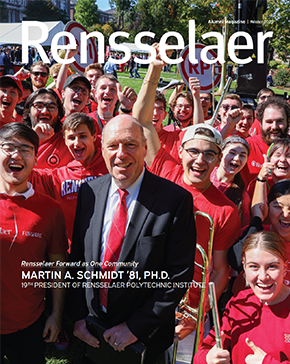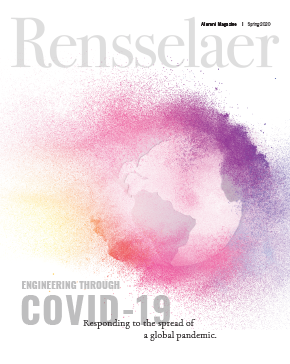
Chemical and Biological Engineering
Work To End Animal Experiments Honored

Carolina Motter Catarino, a graduate student in chemical and biological engineering, has been awarded £10,000 from the Lush Prize, which is a collaboration between cosmetics company Lush and research organization Ethical Consumer. As the largest prize fund for the complete replacement of animal experiments, it funds projects working to end animal research in chemical testing.
Catarino’s research focuses on enhancing the complexity of reconstructed skin models through substitution and diversification of non-animal derived scaffold materials, inclusion of additional cells compared to traditional models, and generation of follicular structures, all using 3D bioprinting. This technology allows the precise placement of the bioinks containing scaffold components and cells at appropriate locations within the 3D skin tissue. This project can help in the development of the next generation of skin models for screening of chemical compounds as well as clinically superior skin grafts.
“Carolina is an exceptionally motivated and talented young scientist,” says Pankaj Karande, associate professor of chemical and biological engineering and Catarino’s adviser. “She combines her passion for research with diligence to find impactful solutions for human health. Her doctoral thesis on 3D printing of human skin has the potential to develop human-relevant models for efficacy testing while reducing the dependence on animals in research.”















